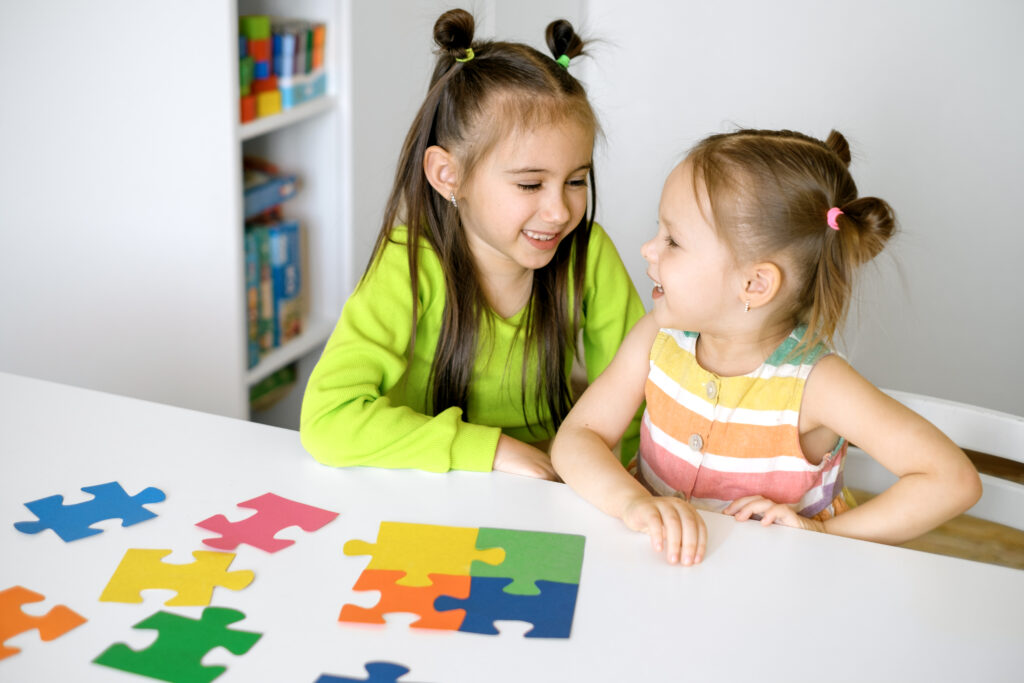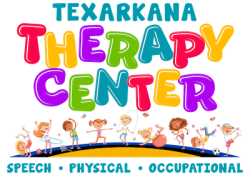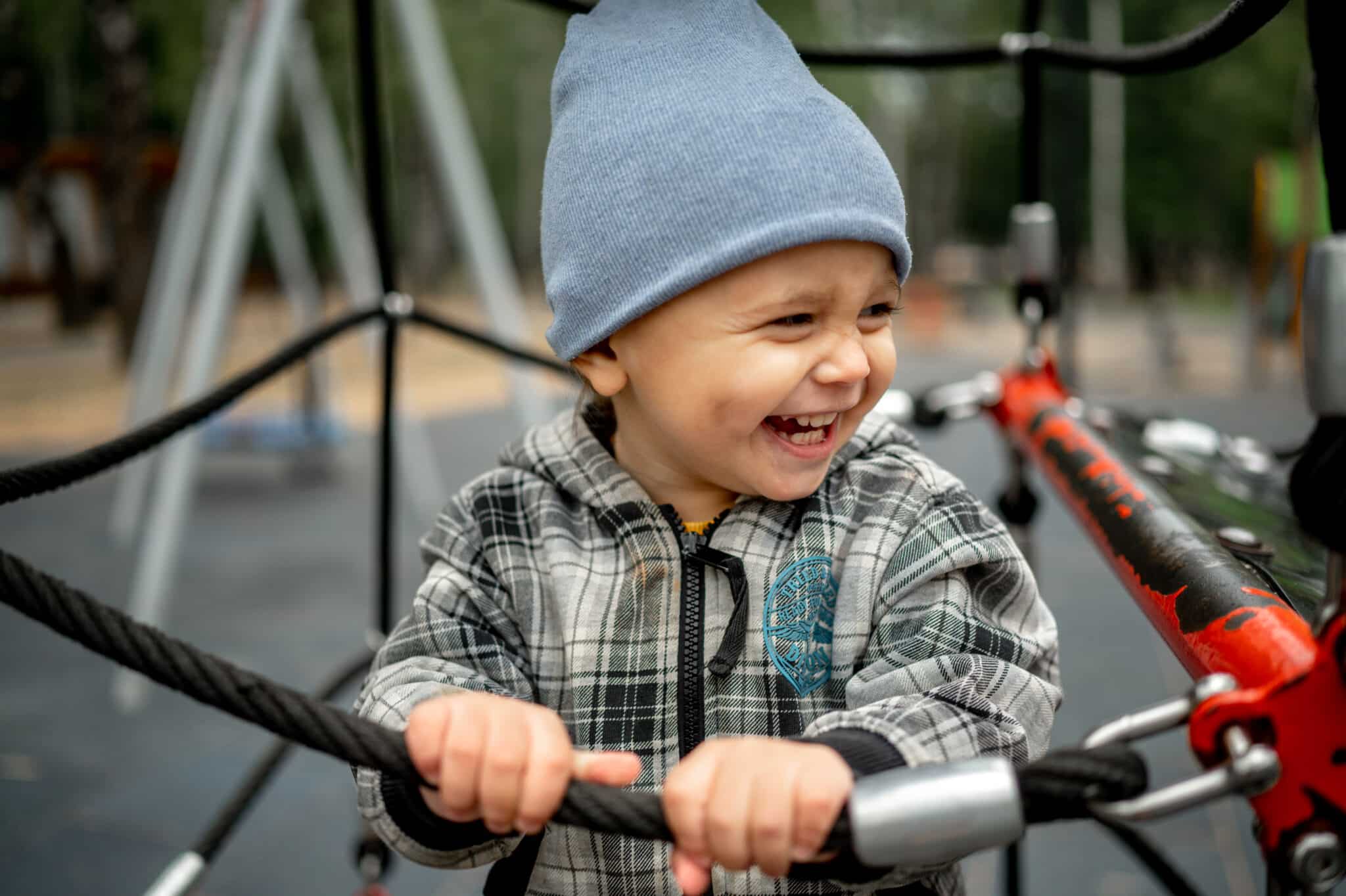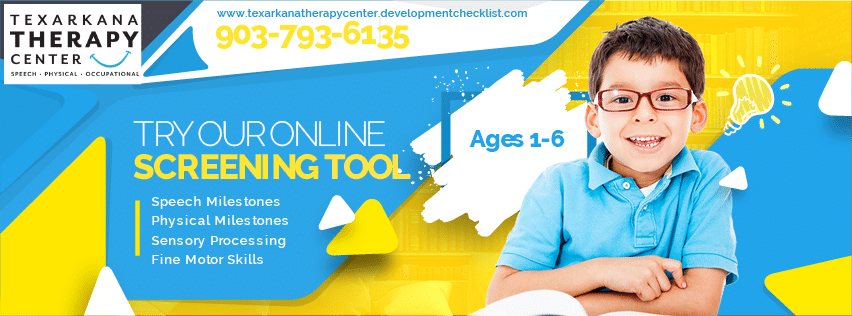Article by: Lauren Gay, COTA/L
Embarking on the rollercoaster ride of parenthood comes with a front-row seat to witnessing the incredible growth and development of our little ones. From those first wobbly steps to the emergence of their unique personalities, understanding the milestones that mark these precious moments is like unlocking the secrets of a captivating story. In this blog, we’re looking into the heart of childhood development, shining a spotlight on the age-appropriate milestones that shape our children’s early years. But here’s the twist—we’re not just observers; we’re exploring the superhero role of occupational therapy in boosting our kids toward those developmental goals. Get ready to dive into the fascinating world of developmental milestones and discover how occupational therapy becomes the sidekick every parent never knew they needed. Let the journey begin!
Gross Motor Skills
Milestone Examples: Rolling over, crawling, walking, jumping.
OT Support: Occupational therapists can design activities to improve strength, balance, and coordination. This may include exercises, play activities, and adaptive equipment.

Fine Motor Skills
Milestone Examples: Grasping objects, using utensils, writing.
OT Support: Therapists focus on activities that enhance hand-eye coordination, finger strength, and precision. Fine motor games, puzzles, and drawing activities can be incorporated.

Sensory Processing
Milestone Examples: Responding appropriately to sensory stimuli.
OT Support: Occupational therapists help children regulate responses to sensory input. This might involve sensory integration activities to improve tolerance to different sensations.

Cognitive Development
Milestone Examples: Problem-solving, memory, attention.
OT Support: Therapists engage children in activities promoting cognitive skills such as puzzles, memory games, and tasks encouraging planning and organization.

Self-Care Skills
Milestone Examples: Dressing, feeding, toileting.
OT Support: Therapists assist in developing independence in self-care tasks through adaptive strategies, tools, and activities that enhance motor planning and coordination.

Play Skills
Milestone Examples: Engaging in imaginative play and cooperative play.
OT Support: Therapists use play-based interventions to foster creativity, social interaction, and problem-solving. This could involve structured games or activities that encourage free play.

Remember, the approach varies based on the child’s individual needs and challenges. Occupational therapists tailor interventions to address specific developmental areas that may require extra support.
Milestones with Specific Age Ranges
Infancy (0-12 months):
0-3 months:
- Lifts head briefly when on stomach.
- Follows objects with eyes.
- Begins to make cooing sounds.
4-6 months:
- Rolls over in both directions.
- Sits with support.
- Grasps objects and brings them to the mouth
7-9 months:
- Crawls or scoots.
- Stands with support.
- Begins to pick up small objects using thumb and forefinger (pincer grasp).
10-12 months:
- Takes first steps, may walk with assistance.
- Stands alone momentarily.
- Begins to use simple gestures, like waving.
Toddlerhood (1-3 years):
12-18 months:
- Walks independently.
- Climbs stairs with help.
- Scribbles with crayons.
18-24 months:
- Runs and kicks a ball.
- Feeds self with a spoon.
- Builds towers with blocks.
24-36 months:
- Jumps and begins to hop.
- Copies simple shapes and lines in drawings.
- Shows interest in pretend play.
Preschool (3-5 years):
3-4 years:
- Climbs confidently.
- Draws basic shapes and recognizable objects.
- Engages in cooperative play with peers.
4-5 years:
- Rides tricycle or bicycle with training wheels.
- Draws more detailed pictures.
- Dresses and undresses independently.
5-6 years:
- Skips and balances on one foot.
- Writes letters and numbers.
- Participates in group activities and games.
Early School Age (6-8 years):
6-7 years:
- Refines motor skills in sports and activities.
- Reads and comprehends simple sentences.
- Follows multi-step instructions.
7-8 years:
- Demonstrates improved hand-eye coordination in various tasks.
- Solves basic mathematical problems.
- Engages in more complex play and activities with peers.
These milestones provide a more detailed view of what skills children typically develop within specific age ranges. Keep in mind that individual development can vary, and these are general guidelines. If you have concerns about a child’s development please consult with your pediatrician. They can assist you with a referral to an occupational, physical, or speech therapist.
Previous Story
Trick or Treat! Access and Communication
Next Story


